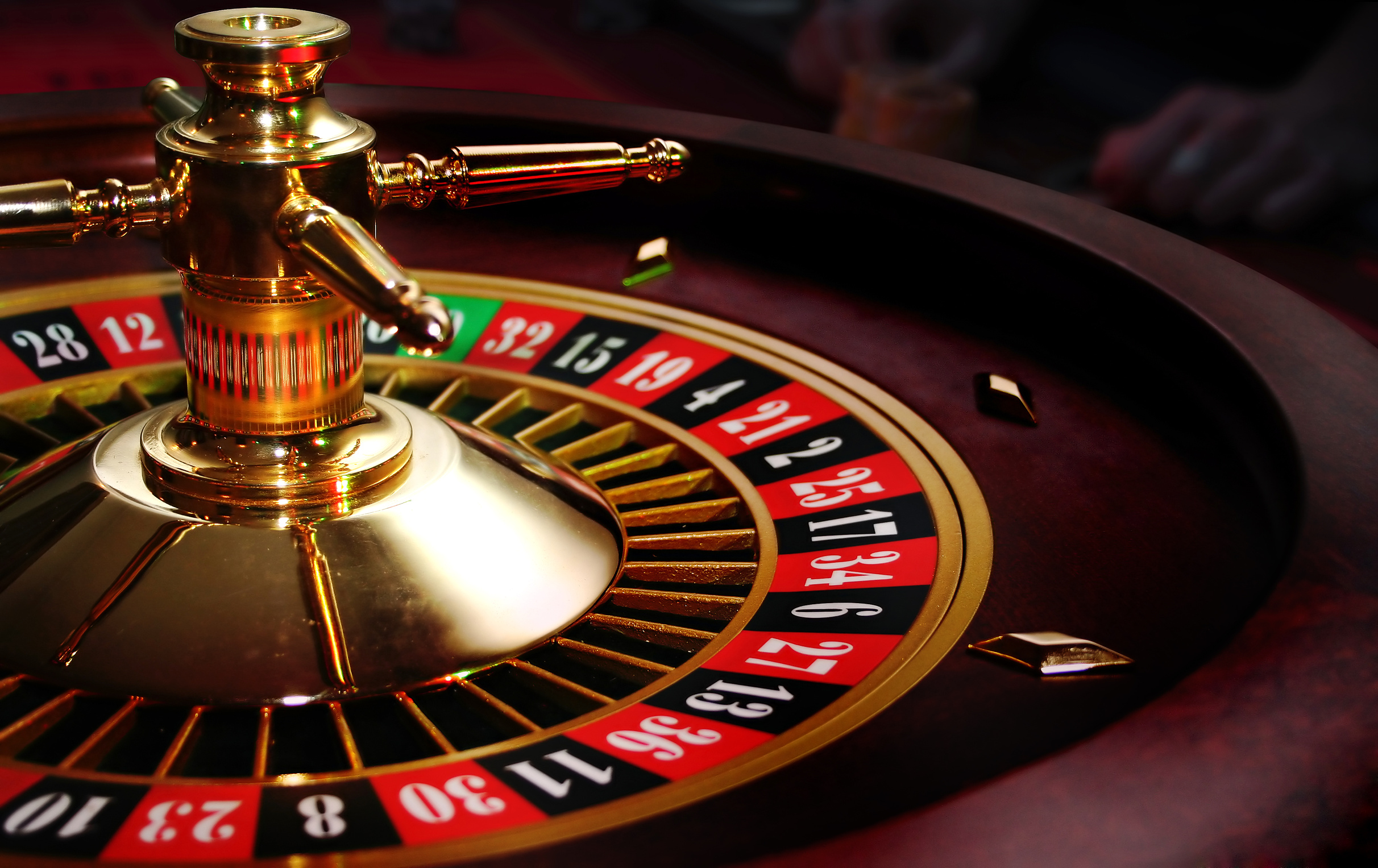
Casino entertainment have long been a staple in human culture, offering not just entertainment but a captivating reflection of our hopes, ambitions, and anxieties. From the spinning reels of a slot machine to the skill-based strategies of poker, these games encapsulate a range of human emotions and experiences. At their core, casino games are more than a chance to win money; they are a snapshot of life itself, where danger and gain converge and fortunes can change in an moment.
As players assemble around tables or sit in front of glowing machines, they take part in a tradition that transcends mere playing. These games reflect our instinctive desires for relationships, excitement, and the pursuit of luck. They also reveal deeper truths about human nature, such as our relationship with fate and the adrenaline of risk. In exploring casino games, we uncover not only the nuances of play but also the rich tapestry of the human experience, showcasing our woven narratives of aspiration and reality.
The Psychology of Gambling
Gambling is intrinsically connected in the psyche of individuals, appealing to various emotions and wants. The excitement of taking risks is a core aspect that draws players in, be it it’s excitement of spinning a roulette or the anticipation of drawing a winning card in a poker game. This adrenaline is often compared to other forms of thrill, as the unpredictability of outcomes triggers a unique psychological response. Gamblers often find themselves captivated by the possibility of striking it rich, leading to an irresistible draw toward gambling games.
Additionally, an essential component of the psychology behind gambling is the concept of optimism and aspiration. Participants often indulge in fantasies of financial freedom and the luxurious lifestyle that can follow winning. This optimism fuels their ongoing participation in casino games, as it provides a sense of purpose and the belief that a life-changing win could be just one bet away. The story of beating the odds and finding success resonates with many, reinforcing their commitment to play and engage with these games.
Lastly, social aspects play a significant role in gambling psychology. Gambling venues are designed to foster social interaction, where players gather to share the experience of wins and losses. game đánh bài This communal aspect not only amplifies enjoyment but also affects behavior, as individuals often imitate the actions of others in their vicinity. The social validation found in shared excitement can enhance the emotional experience, making casino games a reflection of not just personal desires but also collective engagement within the gambling community.
### Risk and Reward: A Double-Edged Sword
Gambling activities embody the fragile balance between danger and gain that resonates deeply with the human experience. The rush of placing a bet is often accompanied by a surge of excitement, as players are confronted with the possibility of winning big, yet cognizant of the risk to suffer losses. This bipartisan experience reflects a essential aspect of life: the paths we choose often come with built-in risks, and the chase for gain can drive us to make risky moves we might not normally consider. In this way, casino games echo real-world choices, enticing players to gamble not just their funds, but also their hopes.
The allure of grand jackpots and winnings fuels a sense of optimism, motivating gamblers to dream of a better future that could emerge from a fortunate turn of the roulette or dealing of a hand. This positive outlook can motivate individuals to engage in greater risks, pushing them to take greater risks in search of economic benefit. However, just as in life, the consequences of these risks can lead to both triumph and despair. The narratives of both jackpot winners and those who have suffered everything at the casino demonstrate the random nature of chance and its significant repercussions on our existence.
Ultimately, the experience of engaging with casino games serves as a vivid illustration of the nature of humanity. Every session played is loaded with the tension of risk, as players weigh the gains against the dangers. This balance not only highlights the thrill that comes with gambling but also exposes the vulnerabilities that come with the longing for more. As we explore the challenges of decision-making and consequence in both the gambling world and in life, we find that the search for benefit shapes our identities and journeys in significant manners.
Community and Solitude in Casino Culture
Gambling culture is a unique blend of social engagement and individual endeavor, reflecting the contrasts of individual experience. Players often come together around tables, experiencing in the excitement of the game, rejoicing in wins, and sympathizing over losses. This communal aspect is crucial, as it fosters a sense of belonging and camaraderie among varied groups of individuals. Regular attendees to casinos may form friendships and establish routines, turning the casino into a second home where they experience linked to a greater community of gamblers.
However, the allure of casino activities can also result to loneliness. As individuals become immersed in the thrill of gambling, they may withdraw from personal relationships or fail to engage with the environment outside the gaming space. For some, the pursuit of a jackpot can distract from real connections, leading to loneliness. The experience of being surrounded others yet experiencing solitary is not rare, as the attention shifts from shared enjoyment to the individual concerns of each individual’s path.
This interaction of society and solitude creates a vivid tapestry that defines gaming culture. It highlights the complexity of social interactions, where happiness and sorrow exist together. Gambling venues serve as both a sanctuary for social engagement and a platform for individual challenges, illustrating how deeply entwined our desire for companionship and the personal quest for fortune can be. In navigating this landscape, gamblers confront their own stories—seeking both the rush of the wager and the companionship of fellow players, ultimately reflecting the wider spectrum of human experience.